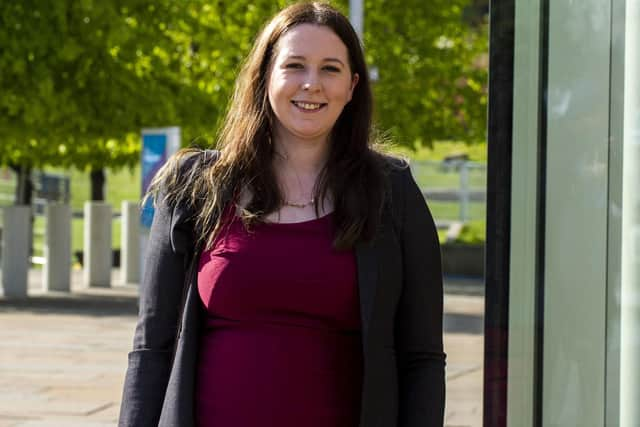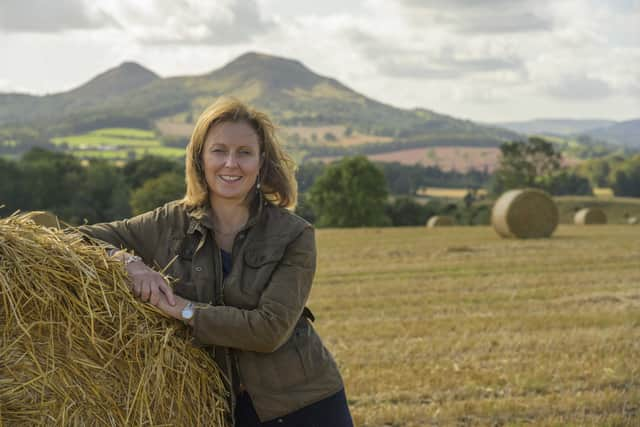Ministers told £180,000 funding to halt depopulation in Scottish Government plan 'will barely scratch the surface'
A sum of £180,000 announced in a new Scottish Government plan to tackle areas “acutely” affected by depopulation will “barely scratch the surface” of the issue, ministers have been told.
Minister Emma Roddick launched an action plan with 83 priorities to address depopulation in rural areas on Friday.
Advertisement
Hide AdAdvertisement
Hide AdThe new Addressing Depopulation Fund will initially make £180,000 available to the three areas experiencing the biggest decline in population – Highland, the Western Isles, and Argyll and Bute.


Dumfries and Galloway Council will receive £30,000 to research the causes of local population decline as part of the plan.
But the announcement has drawn criticism from opposition politicians, who claim the plan has very little information and will not stretch to cover the cost of the issue.
Scottish Conservative rural affairs spokesperson Rachael Hamilton said: “This funding will barely scratch the surface on rectifying the failures of the SNP-Green Government, which have accelerated the depopulation of rural Scotland.
“Nowhere in their announcement is there even an attempt to accept responsibility for how they have let down those living and working in Scotland’s rural communities at every turn.


“From the ferries scandal and failure to upgrade trunk roads serving remote Scotland, to a lack of housing in rural areas, breaking their promise on superfast broadband and standing idly by as GP practices have closed, SNP-Green ministers’ decisions have been a huge factor in people leaving rural Scotland.”
The Liberal Democrats said the strategy contained very little that was new and did not fairly acknowledge the scale of the problem.
Projections show Scotland’s population is set to fall from 2033, with 14 local authority areas to experience population decline over the next decade.
Advertisement
Hide AdAdvertisement
Hide AdAs part of the new plan, there will be an emphasis on “local by default, national by agreement” strategy, with the Government acting as a “facilitator” for councils and agencies in the acutely affected areas.


Part-funding has been provided this financial year by the Government for community settlement officers in Argyll & Bute, Highland and Comhairle nan Eilean Siar, enabling them to continue supporting people living in or moving to those areas.
Part-funding for these roles has also been put forward for the next financial year, as well as support for a community settlement officer to be established in Inverclyde.
Carrie Kirkegaard, from charity Lochaber Hope, which works to build stronger community relations, met with Ms Roddick to discuss the plan.
She told The Scotsman: “It was quite a last-minute meeting, but I am feeling optimistic. There is a focus on local delivery and for the communities to have a say and take back power.”


Speaking at the launch, Ms Roddick said: “The factors that lead to depopulation are complex and interdependent, and every place is affected differently. This plan cuts right across government – in policy areas including housing, healthcare, transport and education – to help deliver solutions that address the needs of individual areas.
"Local leaders, councils and organisations are the people who know their communities best. That’s why this plan commits to channelling community expertise and backing a range of local-led initiatives. This will not only benefit the places leading these projects, but could also generate learnings that can be applied elsewhere.
“Bringing together new actions with a programme of ongoing government work, these steps will underpin our work to ensure every place in Scotland is equipped with the population it needs to thrive into the future.”
Comments
Want to join the conversation? Please or to comment on this article.